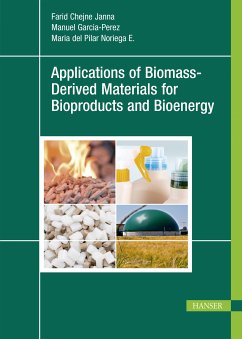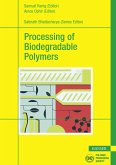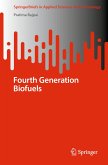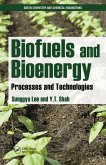This book offers a unique overview of usage of biomass, biomaterials, and bioproducts, including biopolymers. Included are materials, processes, usage as an energy source, and, in particular, applications. It is intended to educate both professionals and graduate students, who typically must acquire knowledge outside of traditional academic disciplines to gain an appreciation of these systems. While the growing need for renewable energy can be satisfied from other renewable sources, biomass is our only real source of renewable carbon-based chemicals and fuels. More and more companies are moving toward using these materials, and investing in new technology based on renewable resources to develop their businesses in a sustainable way. Despite this, few scientists and engineers have been appropriately trained to work in the interdisciplinary field of the biomass economy. Traditional academic disciplines are not well organized to train engineers and scientists to develop new bio-refinery concepts and bio-based products (including bio-based polymers) in industry, nor to develop and integrate pathways to convert biomass into other forms of energy and useful products. The integration of old and new pathways to satisfy global and local markets is the basic skill required to create new biomass processing alternatives. This book is written to fill this gap.
Dieser Download kann aus rechtlichen Gründen nur mit Rechnungsadresse in A, B, BG, CY, CZ, D, DK, EW, E, FIN, F, GR, HR, H, IRL, I, LT, L, LR, M, NL, PL, P, R, S, SLO, SK ausgeliefert werden.









